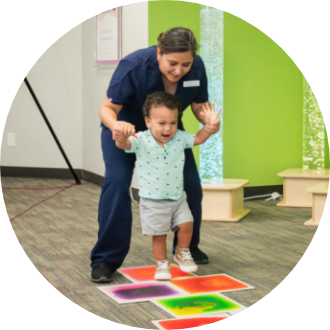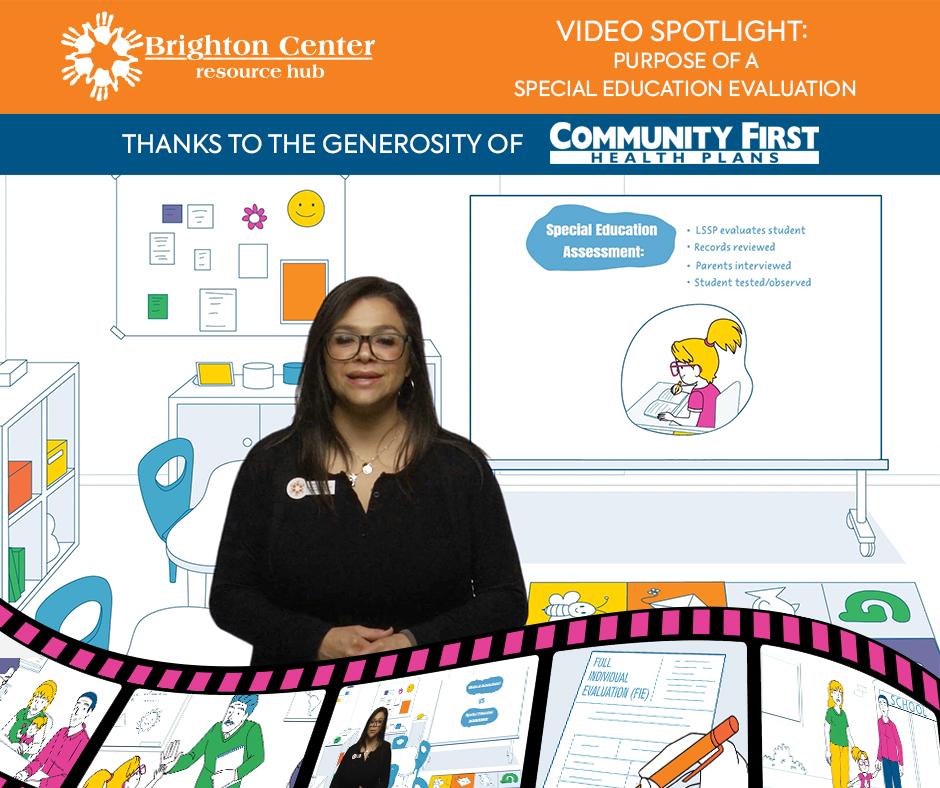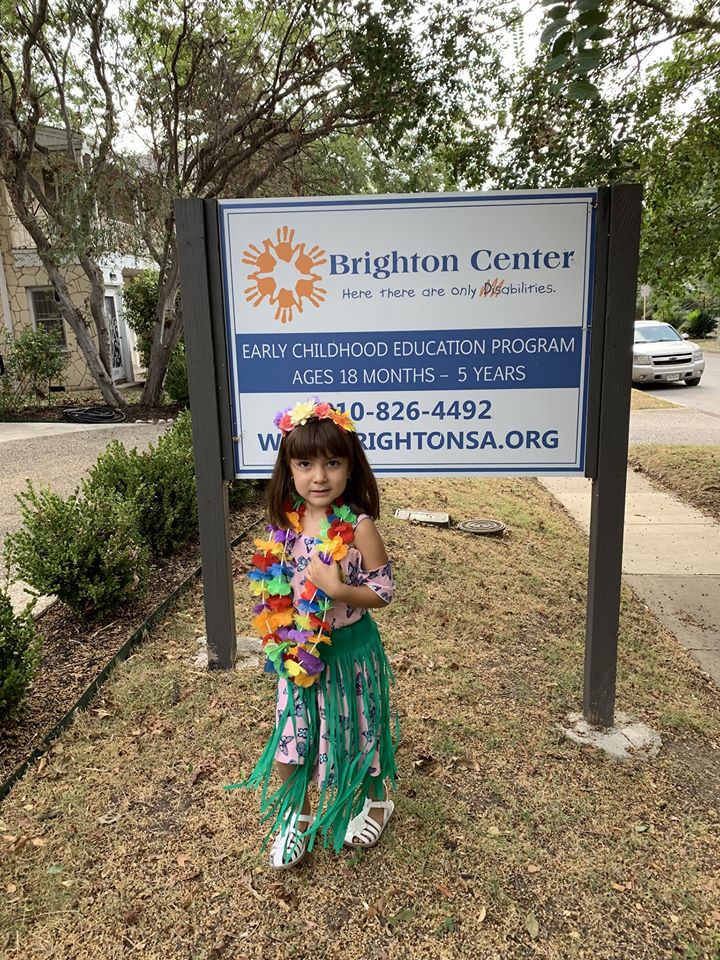Starting school is exciting but also anxiety-inducing for students and their parents. This is even more true for children who may require special education and related services. Special Education Support Services (SESS) Consultant and Trainer Jamie Espada is the narrator for this month’s video and explains why children with a disability or delay must undergo an evaluation before receiving special education services in the public school.
What is Special Education?
Special education is the specialized instruction and services schools provide to students with disabilities. The goal of special education is to meet each student’s unique needs.
Special education can include:
- Individually planned instruction
- Adapted materials and equipment
- Accessible settings
- Modified assignments
- Accommodations
Special education services can include:
- Occupational therapy
- Physical therapy
- Speech-language pathologists
- Providers of dyslexia instruction
- And more
The Individuals with Disabilities Education Act (IDEA) governs special education. Federal law requires schools to provide special education services at no cost to parents for eligible students ages 3 – 21.

Accessing Special Education Services
If your child receives Early Childhood Intervention (ECI) services for a disability or developmental delay, your Early Intervention Specialist (EIS) will talk with you about transitioning to early childhood special education options as your child approaches their third birthday. If your child has already started elementary school and you believe they may need special education services, you may request that the school conduct an evaluation. Alternatively, if your child’s teacher thinks the student needs special education services to be successful in the classroom, they may refer the child for an evaluation. Regardless, caregivers are required to provide consent for the school to evaluate the child.

What is a Special Education Evaluation?
In the Purpose of a Special Education video, Jamie shares an example of a young child with a medically diagnosed disability being evaluated to determine if and how her disability impacts her ability to learn. Jamie explains, “An evaluation is referred to as a Full Individual Evaluation (FIE). It will include a written report of education recommendations as well as information about your child’s strengths, interests, and challenges.” The evaluation is done by educational diagnosticians or licensed specialists in school psychology (LSSPs). The child is observed performing activities and may also be given tests. The evaluator may interview the parents and review any documentation about the child’s disability or condition.
What Happens After a Special Education Evaluation?
Once the evaluation is complete, the LSSP documents the information in a report and provides a copy to the parents and the Admission, Review, and Dismissal (ARD) committee, which reviews the information during an eligibility determination meeting.
If the committee finds that the evaluation shows that a child has a disability that impacts their learning ability, the ARD committee then decides whether the child needs special education and related services to participate in and progress in a general education curriculum. The committee captures the services and accommodations the student needs in an Individualized Education Program (IEP).
Brighton’s Special Education Support Services team helps parents of children ages 3 – 8 understand and access special education and support services for their child within the public school system. If you want to learn more about early childhood special education or have questions about the special education evaluation process, fill out this form to schedule a free consultation today.




















